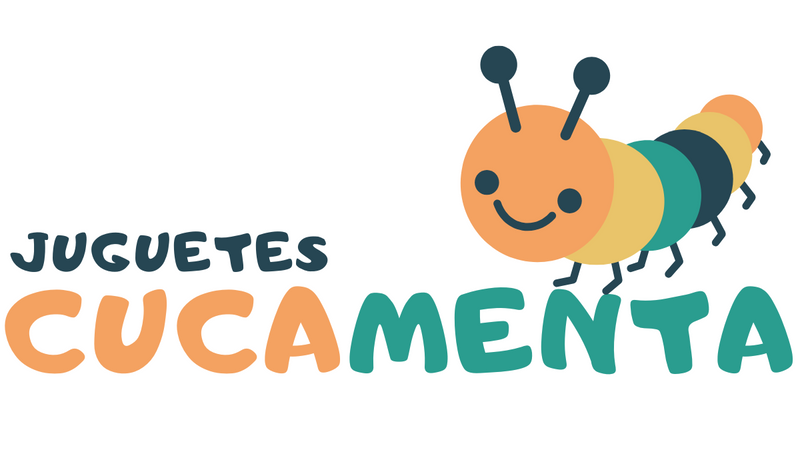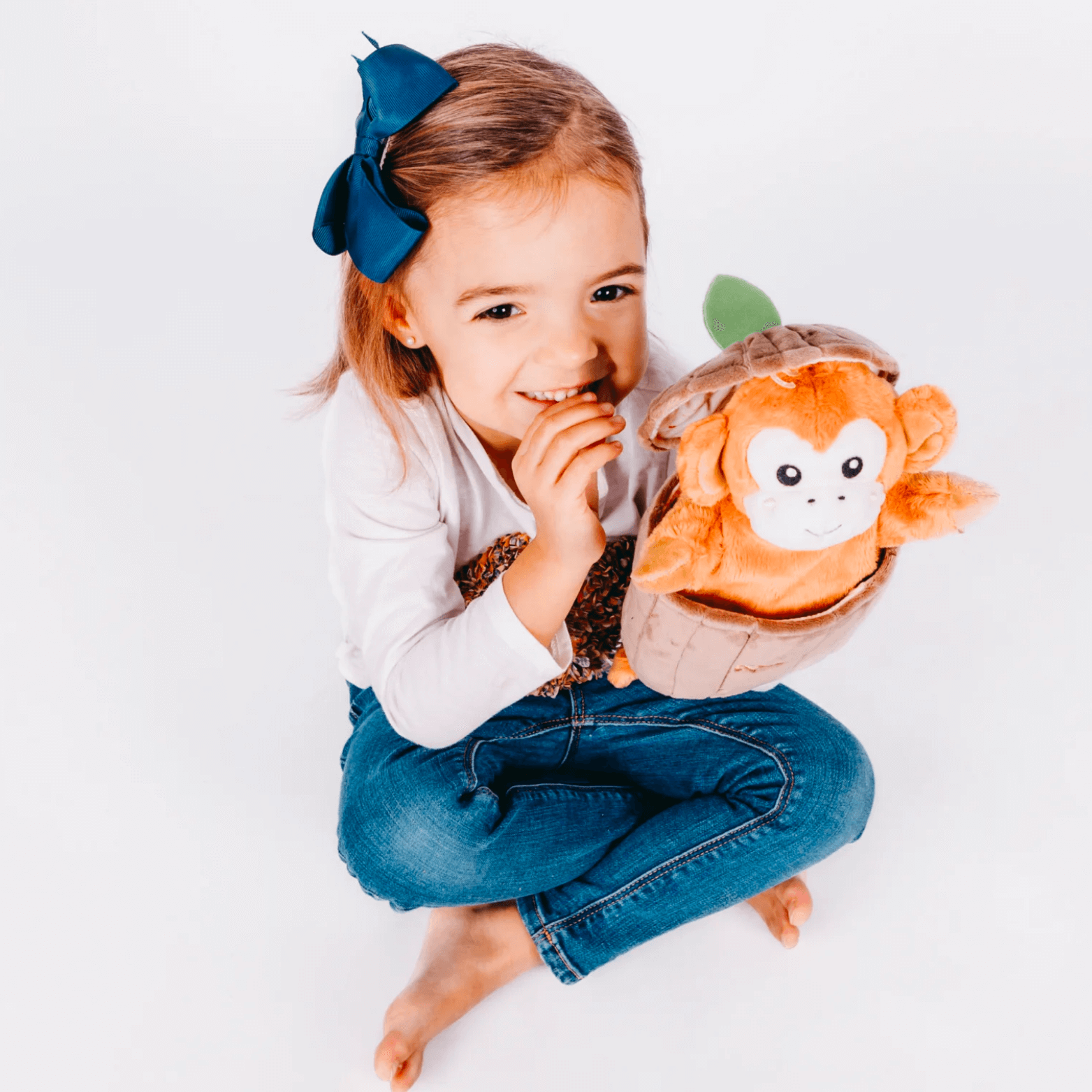Whenever we think about happiness , the innate joy, curiosity and energy of children comes to mind.
Since 2013, the United Nations has celebrated the International Day of Happiness on March 20 , a recognition of the important role it plays in the lives of people around the world.
The definition of happiness is ambiguous and complex, and its meaning depends on what each person gives it, since it is influenced by spirituality, one's own experiences, health and vital values.
The RAE defines it as “a state of pleasant spiritual and physical satisfaction.” Others define it as plenitude, the development of the true being or conformity with oneself and the order of the cosmos.
Each culture also understands happiness in a different way: the Japanese pursue ikigai , the union of two words ( iki , life; and gai , merit or value) whose meaning is reason for being, that hidden within us and that is governed by 4 pillars: passion, mission, vocation and profession. The Danes have hygge , which roughly translates to "well-being" or a special moment, consisting of a comfortable environment, good company, and sharing food and drink.

Swedes use the concept of lagom , based on balance and having "nothing in excess, nothing in short" to achieve the middle ground or virtue, encouraging the values of compromise and moderation. In Holland there is another very beautiful word: gezelligheid , which could be translated as comfort and which defines the people, moments or contexts that make one feel happy, relaxed and welcomed. In Scotland they claim Cossagach , a word from Gaelic that indicates a state of body and mind between cosiness, shelter and comfort. Or what is the same, a hot drink, a blanket, a fireplace and enjoy the solitude or the company.
If you have children at home, you're probably wondering how to make them happier: here are some evidence and notes on the matter. The important thing is quality time, strong emotional ties and trust as pillars to build a happy childhood.
7 keys to boost happiness in children

- Spend time in nature : Green spaces improve the immune system, help relaxation and combat anxiety in the little ones, but they also help them be happier. Connecting with nature improves multiple areas of children's well-being , according to a literature review published in the magazine People and Nature, published by the British Ecological Society.
- Time to play : Play is expression, discovery, imagination, revelations and sensations. According to the 11th Study on Happiness and Childhood prepared by Imaginarium, not having time to play is the second cause of unhappiness in Spanish children. The game helps them develop as people, be healthy, express their emotions and have good socialization, keys to managing frustration and achieving well-being.
- Meaningful activities and human connection: One of the conclusions of the most complete Harvard study on happiness, explained in a book by its main author, Robertaldinger, is that for well-being it is key to participate in activities that are important to the person and connect with those we love. They love and care about us. Therefore, spending time with your friends and family and dedicating time to your hobbies is essential.
- Teach them to surf obstacles : The Harvard study concludes that a good life is never free of challenges, stress or pain, and that in fact, it is forged from difficult elements. Professor and author Jon Kabat-Zinn compares life's struggles to waves in the ocean: "You can't stop the waves, but you can learn to surf." You can share with your children the challenges and problems you have faced, and the lessons you have learned.
- Caring for relationships : Being thoughtful and compassionate, working on empathy and caring for others is essential to cultivating one's own and others' happiness, something that children should learn from a young age. Serving the elderly, listening to the grandparents, bringing a dessert to the neighbors, preparing a delicious dinner for a friend or making a craft for that classmate who is having a birthday will teach them to reach out and read the emotions of others. others, knowing how to ask for forgiveness and establish deep intimate connections.
- Doing sports : Physical exercise helps to improve physical and mental well-being, release happiness hormones, sleep better or improve quality of life. It helps children improve self-esteem, reduce stress, socialize, release dopamines and endorphins, enjoy being outdoors, breathe better and cultivate a healthy lifestyle.
- Conversation and support : Children need to have a solid network of affection around them, stable routines and an environment of trust and support to develop as human beings. Chat about how their day-to-day life has gone, ask them about their most intimate concerns and problems, delve into their fears, dreams and ambitions, or spend quality time with them - playing, reading stories, walking, talking, cooking or doing homework - will sow the seed for them to be more stable and happy people.


0 comments